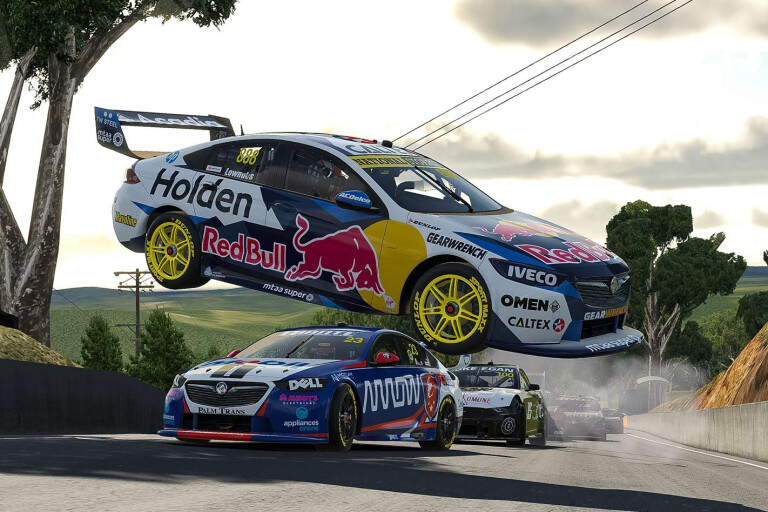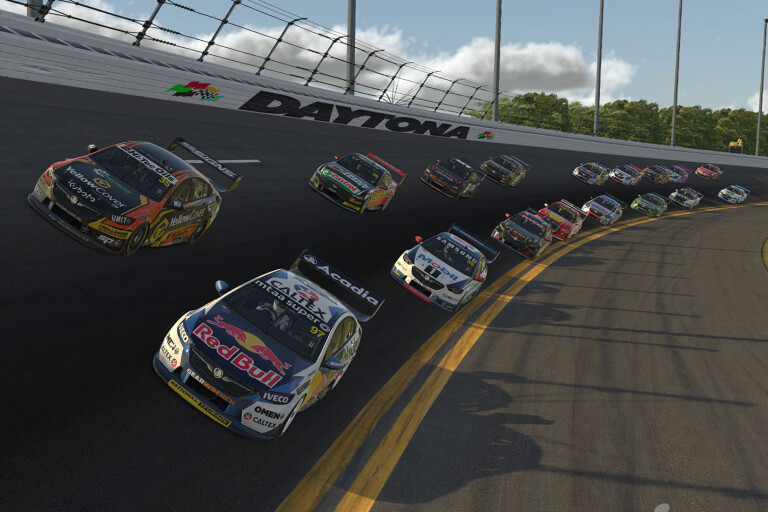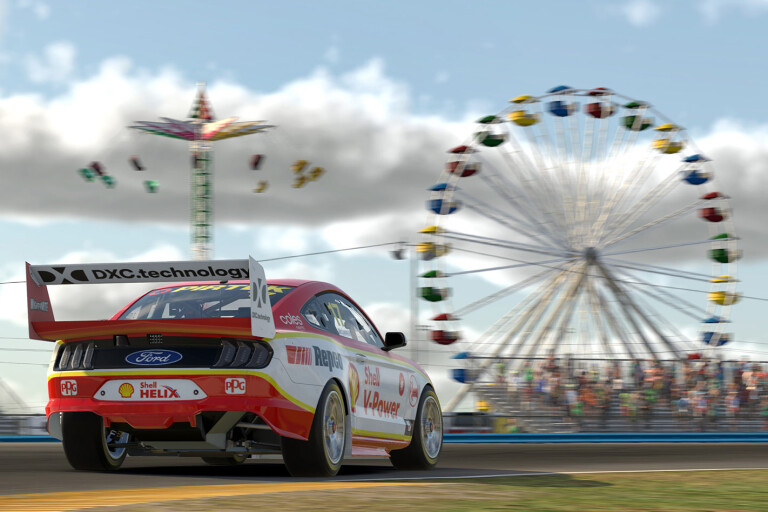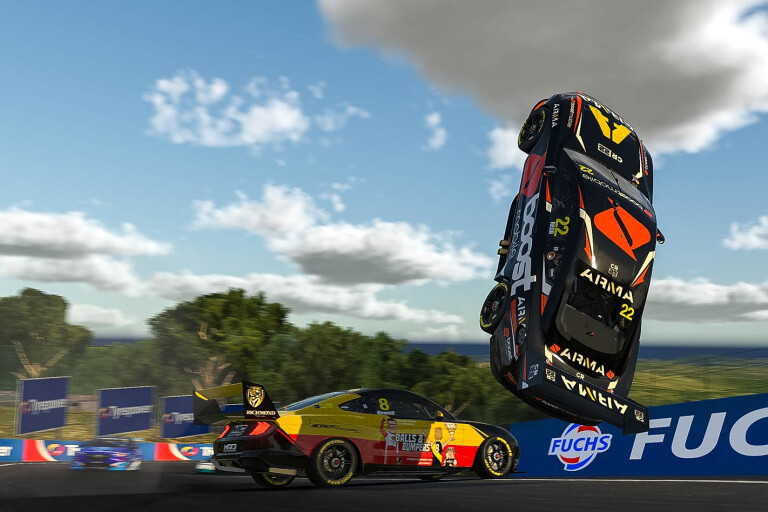
There are many things that are a mystery to me. How microwaves work, is one. The unique pigment of Donald Trump’s jowls, is another. But the biggest enigma, by far, is e-sports.
I should explain at the outset that I’m not a hardcore gamer. Don’t confuse that with someone who doesn’t enjoy gaming, because I do. Like most of my generation I had a serious infatuation with Gran Turismo, and I’ve spent considerable amounts of money on my own simulator set-up.

I understand the enjoyment that comes from gaming, and the ability for racing games to hone your driving or racing skills. But where the fun stops, for me, is when I’m asked to watch someone else play. Honestly, I’d prefer to watch them clip their fingernails.
E-sports is now a billion-dollar industry, purportedly bigger than Hollywood and the music industries combined. I’m dubious about that, given this year’s highest-grossing film, Bad Boys for Life, has raked in half a billion on its own, and Taylor Swift banked $185m in 2019, but the fact remains millions are tuning in to watch people play video games.
Tens of thousands also flock to packed stadiums where they’re dazzled with pumping music and blinding lights, and captivated by incredibly high stakes. Last year, a 19-year-old from Melbourne won $4.62 million at the world championships for the strategy game Dota 2, which seems to pit surly blue dwarves against pretty elves who can throw fire. The event drew more viewers than the Superbowl and had a prize pool of more than US$30 million.

Some are calling for e-sports to be in the Olympics, suggesting the display of fine motor skills is equally as impressive as the strength required in boxing, or the stamina for a marathon. I’m not sold. To me, pressing a button 400 times a minute is way less remarkable as swimming 400 metres in less than four minutes, but hey, some gamers now have fitness trainers and nutritionists.
Olympics absurdity aside, I begrudge no-one the chance to display their talent with like-minded enthusiasts. And for the longest time I was happy to appreciate e-sports from afar, in the same way I react when my wife shows me her latest flower arrangement: “Ooh, that’s nice.”
But then COVID-19 arrived and my ability to watch real-life sports vanished. The fact this year’s F1 season was nixed on the first morning of the Aussie GP seemed impossibly cruel. “Never mind,” beamed a colleague weeks later. “They’re doing digital races! Everyone is. F1, NASCAR, Supercars. You can still get your racing fix!”

At first, these online races seemed a great way to watch our favourite drivers and to give team sponsors a rub on the tummy. And some of the interactions with the drivers have been hilarious. Watching an awkward Charles Leclerc trying to end a Twitch stream was a refreshingly real moment you don’t get from F1 races.
Just don’t try and tell me this is the future of motorsport, as some deluded gamers are. If that’s the case, unplug my controller now. Not even Max Verstappen, who is an ardent gamer, will tell you zipping through Eau Rouge in an F1 car made from ones and zeroes is as challenging as doing it for real. And as good as the coding physics have become, they still don’t seem to be anchored in reality. During a Formula 1 virtual grand prix, Leclerc hurtled past his brother and Alex Albon in “the lunge of his life” to complete a double pass in the official F1 game. Try that for real and he’d have been in the barriers.
The gladiatorial aspect is absent, too. When a driver snaps his visor shut and heads out to drive a hot and snarling 1000hp prototype, it’s easy to believe he’s doing something truly extraordinary. Watching them do it while wearing a headset in their lounge room kind of ruins the illusion.

But the single greatest reason e-sports will never be as exciting as proper racing is the lack of consequences. When most of the virtual Supercars grid piled into each other in a spectacular smash at Monza, I didn’t lean forward agog, like I did when Formula 1 pulled the same trick, for real, in the rain at Singapore in 2018. I grimaced and changed the channel.
So I’m done with virtual races. Instead, I’ll be re-watching Drive to Survive on Netflix and ravaging the back catalogue of Fox Sports for my racing fix. There you’ll find hours and hours of old F1 races and Supercar classics where heroes like Brock, Skaife and Ambrose perform remarkable things in remarkable cars, inches away from disaster. It’s no mystery why I find that infinitely more entertaining.



COMMENTS